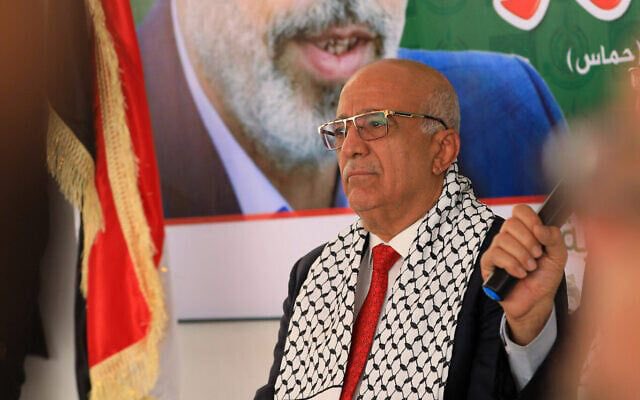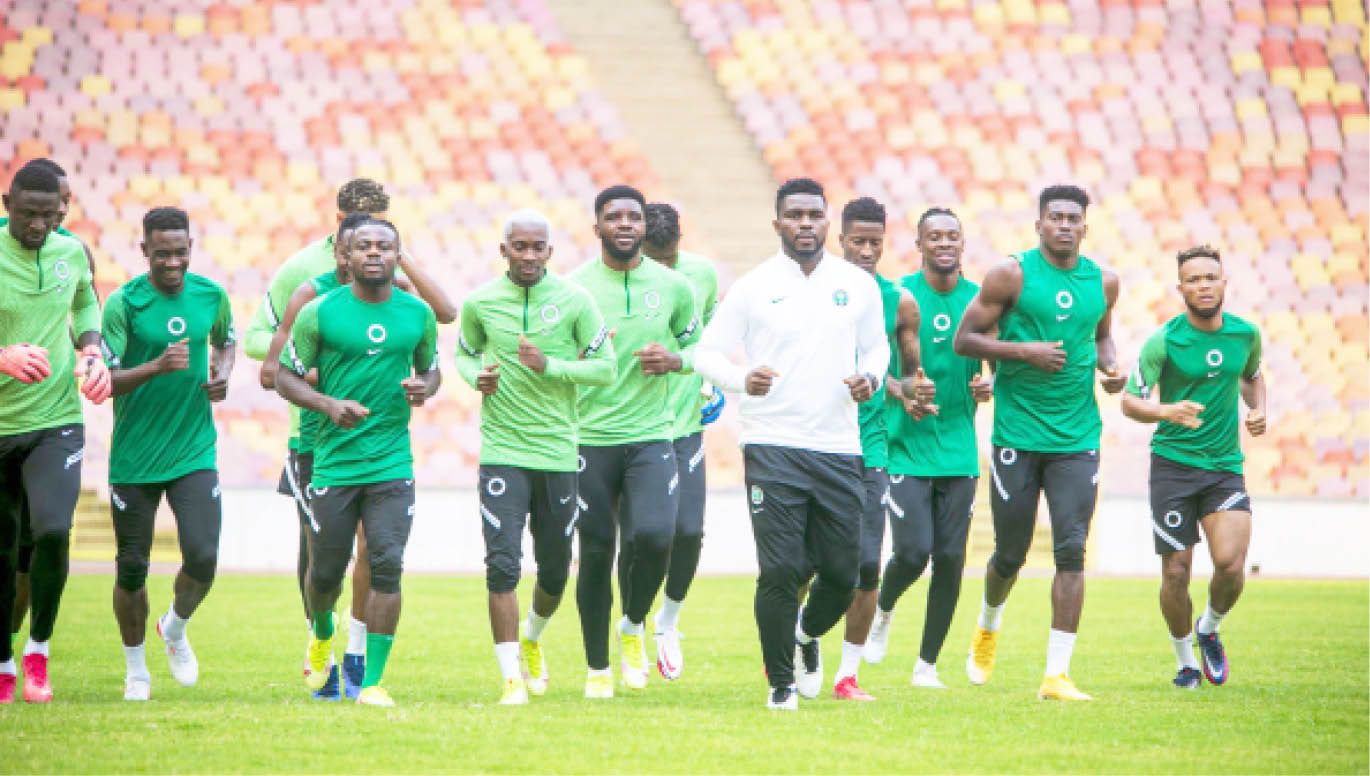
Israeli Airstrike Eliminates Houthi Prime Minister Ahmed al-Rahawi in Yemen, Sending Shockwaves Across the Region

The Middle East was thrown into another cycle of tension and shock as reports confirmed that the prime minister of the Iranian-backed Houthi administration in Yemen, Ahmed al-Rahawi, was killed in a powerful Israeli airstrike on an apartment building in Sanaa. The news, which was first broken by Yemen’s Al-Jumhuriya channel, stated that al-Rahawi and several of his close companions were wiped out in the targeted strike, marking one of the most consequential hits against the Houthis in recent months. The incident is already stirring strong regional reactions, reigniting debates about Israel’s growing involvement in Yemen’s conflict, the future of Houthi leadership, and the geopolitical shockwaves of such a high-profile assassination.
Ahmed al-Rahawi, who had risen to the role of prime minister within the Houthis’ self-declared government, was considered a symbolic figurehead of the group’s attempt to portray itself as a functioning state authority. While the Houthis are internationally recognized only as a rebel movement, their leadership structure has been sustained with strong backing from Tehran, which has consistently provided them with weapons, financial aid, and political support against the Saudi-led coalition and its allies. Al-Rahawi’s death marks not only a leadership void but also an embarrassing loss of face for the Houthis, who have long claimed resilience and defiance in the face of both Saudi and Western offensives.
The Israeli strike that killed al-Rahawi was said to have been separate from another air campaign conducted just hours earlier, which reportedly targeted a gathering of at least ten senior Houthi officials, including the group’s defense minister. While the Houthis have yet to confirm or deny the full extent of the casualties, Al-Jumhuriya reported that the prime minister’s death was a direct result of precision targeting that left the building in ruins and caused collateral casualties among his entourage. Witnesses described seeing huge plumes of smoke rising above the residential neighborhood in Sanaa, with emergency services rushing to the scene amid the chaos and fear that more air raids could follow.
This escalation signals a new dimension of Israel’s strategy in the region. Traditionally focused on countering Iranian proxies in Lebanon and Syria, Israel’s expansion of its targeting into Yemen indicates a determination to weaken Tehran’s influence across multiple fronts. The Houthis, notorious for launching missile and drone attacks into Saudi Arabia and the Red Sea, have more recently broadened their threats to include potential strikes against Israel itself. Analysts argue that al-Rahawi’s killing may have been part of a larger campaign to dismantle the Houthis’ ability to function as an organized political entity, sending a message not only to the Yemeni rebels but also to Iran that Israel is prepared to act far beyond its borders to neutralize threats.
Reactions to the strike have been mixed and intense. Houthi media outlets condemned the killing, labeling it a blatant act of aggression and vowing retaliation. Iranian state-linked voices have also decried the assassination, describing it as a “cowardly murder” and an extension of Israel’s so-called “regional terror campaign.” On the other side, some Yemeni citizens and anti-Houthi factions privately expressed a sense of relief, seeing the death of al-Rahawi as a symbolic blow against a movement that has brought years of conflict, economic ruin, and humanitarian crisis upon Yemen. Online discussions mirrored these divides, with some sarcastically lamenting that the world’s real loss was not al-Rahawi’s death, but rather the fact that not every Houthi leader was taken out in the strike.
The strategic timing of this assassination has not gone unnoticed. With the Houthis ramping up attacks on shipping routes in the Red Sea, disrupting international trade and posing a threat to energy supplies, Israel’s decision to escalate militarily could be interpreted as both a deterrent and a punishment. The elimination of al-Rahawi might not immediately cripple the Houthis’ operational capacity, but it undeniably destabilizes their political front and creates an atmosphere of paranoia within the leadership ranks. Questions are already swirling over who might step into the vacuum left by al-Rahawi and whether his successor will be more hawkish or pragmatic in dealings with both regional rivals and global powers.
For the Yemeni population, however, the killing is yet another reminder that their country remains a battlefield for international rivalries. Already battered by nearly a decade of war, famine, and disease, civilians in Sanaa were once again forced to endure the sound of warplanes and the fear of missiles striking their neighborhoods. Many expressed anger that while leaders and officials engage in political games, it is ordinary people who suffer the brunt of the destruction, displacement, and uncertainty. Aid organizations have already voiced concern that further strikes could complicate humanitarian operations in the capital, where millions remain dependent on food and medical supplies from international donors.
From a broader perspective, al-Rahawi’s death underscores how Yemen has become an extension of the Iran-Israel shadow war, with proxy actors paying the price of the escalating confrontation. Israel, already engaged in confrontations with Hezbollah in Lebanon and Iranian assets in Syria, appears determined to expand its military reach, showing that it views the Houthis not as a distant insurgency but as an integral part of Tehran’s regional network. This strategic calculation could reshape how both regional and Western powers engage with the Yemeni crisis moving forward, especially given the importance of keeping Red Sea shipping lanes secure.
The coming days will likely bring more clarity on how the Houthis intend to respond. While their military capability has often been underestimated, the group has proven resilient and adaptive, capable of launching long-range drone and missile strikes even in the face of sustained bombardment. Retaliation against Israel directly may be difficult, but the Houthis could target Israeli-linked assets or escalate attacks in the Red Sea to showcase their reach. Their response will determine whether al-Rahawi’s death becomes a turning point that weakens their political legitimacy or galvanizes them to escalate their confrontations further.
International reactions will also play a decisive role. While Western governments may quietly welcome the weakening of a group accused of destabilizing maritime trade and perpetuating Yemen’s humanitarian crisis, there is concern that unchecked Israeli strikes could set off a wider regional war. Diplomats are watching closely to see whether Iran chooses to overtly escalate in response, or whether it will absorb the loss and continue its indirect strategy of bleeding adversaries through its proxies. The assassination of a sitting prime minister of the Houthis, regardless of their unrecognized government status, sets a precedent that carries serious implications for international norms of warfare and sovereignty.
As Yemen reels from this high-profile killing, the world is reminded once again that the country’s war is far from over and that its conflict has long since spilled beyond its borders into the heart of regional geopolitics. Ahmed al-Rahawi may not have been a household name globally, but his death represents a sharp reminder of how fragile the balance of power is in the Middle East and how quickly the winds of war can shift. For the Houthis, the death of their prime minister is a humiliating blow that weakens their claim to governance. For Israel, it is a bold declaration of reach and intent in its ongoing confrontation with Iran. For Yemen’s civilians, it is yet another chapter of fear and uncertainty in a war that seems endless.
Whether al-Rahawi’s death leads to escalation, deterrence, or further chaos remains to be seen, but what is clear is that the reverberations of this strike will be felt not just in Sanaa or Tel Aviv, but across the entire Middle East.


